Anisfield-Wolf SAGES Fellow Lisa Nielson had the honor of introducing Chang-Rae Lee to the packed audience at the 2015 Writers Center Stage series, sponsored by the Cuyahoga County Public Library and Case Western Reserve University. Her remarks, reprinted here, remind us why these conversations—about strong books and the authors that birth them—matter.
by Lisa Nielson
Cleveland has a long history of celebrating literature and the arts. As many of you know, we are the home of the Anisfield-Wolf Book Awards, now about to celebrate her 80th year, which is one of the most important and inspiring book awards in the country. They were started by Cleveland philanthropist and poet Edith Anisfield Wolf in 1935 to honor books focused on what was then called “race relations.” Today, the list reflects an awe-inspiring array of thinking and scholarship on human diversity, including ground-breaking studies on slavery in the US, racism and genocide, neurodiversity and disability, immigrant experiences and global diasporas.
Each September, I ride downtown with my students on the Healthline to attend the awards ceremony. Sharing the evening with them is one of the highpoints of my year. My students have a great time and are also unanimous that the food is excellent. I mention this because this year we have had the pleasure of having two past winners of the Anisfield-Wolf Book awards grace our campus: Zadie Smith last September and this evening, Dr. Chang-rae Lee.
Doing justice to Dr. Lee’s amazing career in a few minutes is impossible, so I’ll mention just some of his many accomplishments. He was born in Seoul, Korea, and moved with his family to the US as a young child. After receiving his BA in English from Yale, Dr. Lee found a job working as an equities analyst, but continued to write. He went on to earn an MFA in creative writing from the University of Oregon, where he was later hired as an assistant professor. He then ran and taught in the MFA program at Hunter College in NYC. Since 2002, Dr. Lee has been a Professor of Creative Writing at Princeton University. Dr. Lee has written five, highly-acclaimed novels, as well as short stories and articles for the New Yorker, New York Times, Granta, and many other prominent publications in the US and abroad.
His first novel, Native Speaker (1995) won the Hemingway Foundation/PEN Award for Best First Novel, the American Book Award, the Barnes & Noble Discover Award, and an ALA Notable Book of the Year Award. In 1999, the New Yorker listed him as one of the 20 best American writers under 40. His second novel, A Gesture Life (1999), won the Anisfield-Wolf Book Award for fiction in 2000, and The Surrendered (2010) was a finalist for the Pulitzer Prize in 2011. Dr. Lee’s most recent novel, On Such a Full Sea, published in 2014, was a finalist for the National Book Critic Circle Award for Fiction.
To me, reading his work is a full sensorial immersion. His writing is gorgeous, elegant, sensuous, and often funny. Dr. Lee’s novels address fundamental questions about the nature and composition of identity and cultural assimilation. Yet, his definitions of identity are not limited to ethnicity, gender, language, social class, or other academic categories, but how these aspects of our selves intersect with each other, the choices we make and our communities. He defies genre labels by writing in different vernaculars and slipping into the skins of men and women of all ages and backgrounds. Using the canvas of recent history, such as the Korean War, the abuses of comfort women by the Japanese during WWII, the experiences and assimilation of new Americans, Dr. Lee invites the reader into what Gloria Anzaldua called the borderlands; breaking us out of our hyphenated binaries and assumptions that identity is forever fixed.
In each novel, Lee places us – sometimes gently, sometimes not – on the path of a journey-in-progress. We are tossed into the deep end of life where we bump up against those swimmers we encounter as we move from one body of experience to the next. While on the way, we realize that although our complex human identities may include important components such as ethnicity, gender, or privilege, it is our relationship to others that gives meaning and definition to our ever-changing selves. This odyssey is perhaps most fully realized in Dr. Lee’s most recent novel, On Such a Full Sea, which is a futuristic imagining of the world following environmental disaster. In it, we follow the journey of Fan, who is part of a colony of workers originally transported from Asia to grow vegetables and fish in what is now called “B-Mor”, the former Baltimore, for the wealthy elites of the Charters. She is a skilled diver who immerses herself in the rough world as she seeks her lost lover, Reg, who has been stolen because he is C(ancer)-free. The fact of her journey causes her home community to rebel against the carefully padded limitations they have been surrounded by, and she fundamentally changes the people who encounter her.
Through Fan, Henry Park of Native Speaker, Doc Hata in A Gesture Life, Hector and June in The Surrendered, we are reminded that all of us swim together, immersed in the world; and that the ripples we cause as we move forward lap unavoidably against those of the people we encounter along the way. When we dive deep, we find we are all capable of changing and being changed.
Lisa Nielson is the Anisfield-Wolf SAGES Fellow at Case Western Reserve University. She has a PhD in historical musicology, with a specialization in Women’s Studies, and teaches seminars on the harem, slavery and courtesans.
Fourteen years after he won an Anisfield-Wolf Book Award for his haunting second novel, “A Gesture Life,” Chang-Rae Lee delivers another startling, unsettling work. Sentence by gorgeously meditative sentence, “On Such a Full Sea” carries its readers into a future of captivity, danger and diminished identities.
Lee will return to Cleveland Tuesday, March 24, 2015, as part of the Cuyahoga County Public Library’s distinguished Writers Center Stage series.
The title comes from Shakespeare’s “Julius Caesar.” The playwright gives the line to Brutus and it is worth quoting as fully as Lee does on a page before his novel starts:
We, at the height, are ready to decline.
There is a tide in the affairs of men,
Which, taken at the flood, leads on to fortune;
Omitted, all the voyage of their life
Is bound in shallows and in miseries.
On such a full sea we are now afloat,
And we must take the current when it serves
Or lose our ventures.
Lee, then, has written a quest novel. Ingeniously, it is narrated by a collective, a “we” that simultaneously Iulls and alarms. Here is the first sentence: “It is known where we come from, but no one much cares about things like that anymore.” The voice belongs to the descendants of immigrants imported to live in a facility called “B-Mor,” the former Baltimore. There is a sister facility in the Midwest called “D-Troy,’ occupying the ashes of Detroit. Some kind of environmental catastrophe has swept the globe, although there is Amsterdam, “one of the few cities that is still like it was in olden times, inhabited by permanent residents but also completely open to any who wish to visit and tour and buy souvenirs and snacks.”
Not so for the residents of “B-Mor,” who keep their heads down growing vegetables and raising fish for the finicky elites called Charters. At the bottom of the heap are the rough trade who live in the lawless “counties,” where those who misbehave are banished. The book unfurls the story of Fan, a 16-year-old B-Mor girl who – unbelievably – hops the fence. The narrators assume she is seeking her boyfriend Reg, whom the authorities have hustled away to study because he has tested “C-free.” The C, undoubtedly, stands for cancer, which seems to carry off almost everyone in this blighted land.
Although she is as tiny as a girl four years younger, Fan has distinguished herself as an expert diver working in the facility’s fish tanks. At the end of the opening chapter, the narrators reluctantly disclose that before she bolted, Fan did the unfathomable: she poisoned her own fish.
“On Such a Full Sea” is studded with small shocks, which grow larger and accumulate in the bloodstream of the reader. Lee’s precise, musical writing tells a mysterious moral story reminiscent of Kazuo Ishiguro’s 1995 masterpiece, “Never Let Me Go.” It, too, is set in a disturbing future and centers on teenagers. Although the film of the Ishiguro story was a dud, both novels ache with serious explorations of who qualifies as fully human.
Early in “On Such a Full Sea,” our narrators make an argument for the collective, asking, “Have we not done the job of becoming our best selves?” Lee’s subtlety allows this question to read another way, so it becomes “Have we not done the job of becoming the best slaves?”
All the while, Lee’s details singe and sing: a soccer game, a lavish outpost dinner, the swimming that has been Fan’s formation.
In her critique in the Guardian, novelist Ursula K. Le Guin praises the prose but objects to Lee and Cormac McCarthy (in “The Road”) entering into her genre of science fiction “irresponsibly, superficially.” She dislikes what she regards as holes in these stories: How, exactly, did Lee’s world slide into its decline? How are raw materials transported and manufactured into luxury goods for the Charters when the roads are abysmal?
Such criticism rests on the assumption that all should be explicit in creating a coherent world. But in “The Road” and “On Such a Full Sea,” much potency and poignancy lie in giving the readers’ imaginations the range to fill in the blanks.
The roads to dystopia lead back to the present, and if done well, create a gravitas of the highest order. Toward the end of “On Such a Full Sea,” Fan allows herself to imagine a reunion with Reg, and a happy life. Our narrators add the devastating coda: “For none of us can resist such hopeful flashes, which are, in the end, what lights our way through this ever dimming world.”
We realize the headline is a bit of hyperbole but in researching Mr. Gaines for this week’s exploration of his life and works, we realize that he has a tremendous way with words. Not just on the page, but in interviews as well. English rolls off his tongue in a way that to the ear often sounds like poetry, and his fingers create rich worlds without burdening the reader with five-dollar words. We gathered some of his best quotes from interview past so you could see for yourself how he does it:
I write as well as I can and I learned from reading people like Hemingway, and others, that writing less is better. If I can say something in five words instead of seven words, I’ll use five. Sometimes it’s a little difficult for some people to understand it if they don’t read very much.
I’m not one of those people who has a large, wide brush for canvas. I can’t use words, words, words. I try to get as few words as I possibly can to express myself. I believe in telling a story when I’m writing. I’m not just giving a philosophy or an ideology or social writing. I try to be honest with all my characters whether they’re good or bad, cowardly or brave.
Does the writer capture description well? Does he use dialogue well? Are things believable? Is the writer prejudiced when describing blacks or whites, males or females? I think readers look through all these things and then draw their own conclusions. You know, readers see things their way. You might have a good story and you don’t know how to write it. You can have a bad story and not have a thing in the world to say, but you can write so well. . . . I’ve had those kinds of students. They have nothing to say, but they’re good at writing.
I did not know I wanted to be a writer as a child in Louisiana. It wasn’t until I went to California and ended up in the library and began reading a lot that I knew I wanted to be a writer. I read many great novels and stories and did not see myself or my people in any of them. It was then that I tried to write. There were very few people on the plantation who had any education at all, especially the old people my aunt’s age and my grandmother’s age. They had never gone to school, and they didn’t have any books. I used to write letters for them. I had to listen very carefully to what they had to say and how they said it. I put their stories down on paper, and they would give me teacakes. If I wanted to play ball or shoot marbles, I had to finish writing fast. So I began to create. I wrote about their gardens, the weather, cooking, preserving, anything. I’ve been asked many times when I started writing. I used to say it was in the small Andrew Carnegie Library in Vallejo, California, but I realize now that it was on the plantation.
What I would like people to say is that he wrote as sincerely as he could possibly write. He could have done more writing and that’s the way I feel about myself. I could’ve done more. I’m proud of most of what I’ve done, but I could have been better. I might have studied harder and written longer. I could’ve spent a longer time at my writing desk.
My six words of advice to writers are: “Read, read, read, write, write, write.” Writing is a lonely job; you have to read, and then you must sit down at the desk and write. There’s no one there to tell you when to write, what to write, or how to write. I tell students if they are going to be writers, they must sit down at a desk and write every day.
Each week, we’ll be helping you to get to know our winners better (what a great bunch they are) and highlighting the best of their work, interviews and essays. This week, our focus is on Ernest J. Gaines, our 2000 Lifetime Achievement winner.
“…to me, without books, life would be a mistake.” In this video with the National Endowment for the Arts, Ernest J. Gaines sat down to talk about one of his most popular books, A Lesson Before Dying. He talks about getting paid to write letters for the less-literate members of the community (getting a nickel or a tea cake for his efforts), about learning from white writers, about his humble beginnings. It’s worth watching if you value good conversations about literature.
Because it is more appealing to hear from the authors themselves, we’ve rounded up some of the best quotes we’ve heard this year (even if they’re a bit older) from some of our distinguished Anisfield-Wolf Award winners. Enjoy!
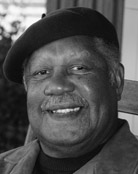
“I want you to show them the difference between what they think you are and what you can be.”
— Ernest J. Gaines, A Lesson Before Dying
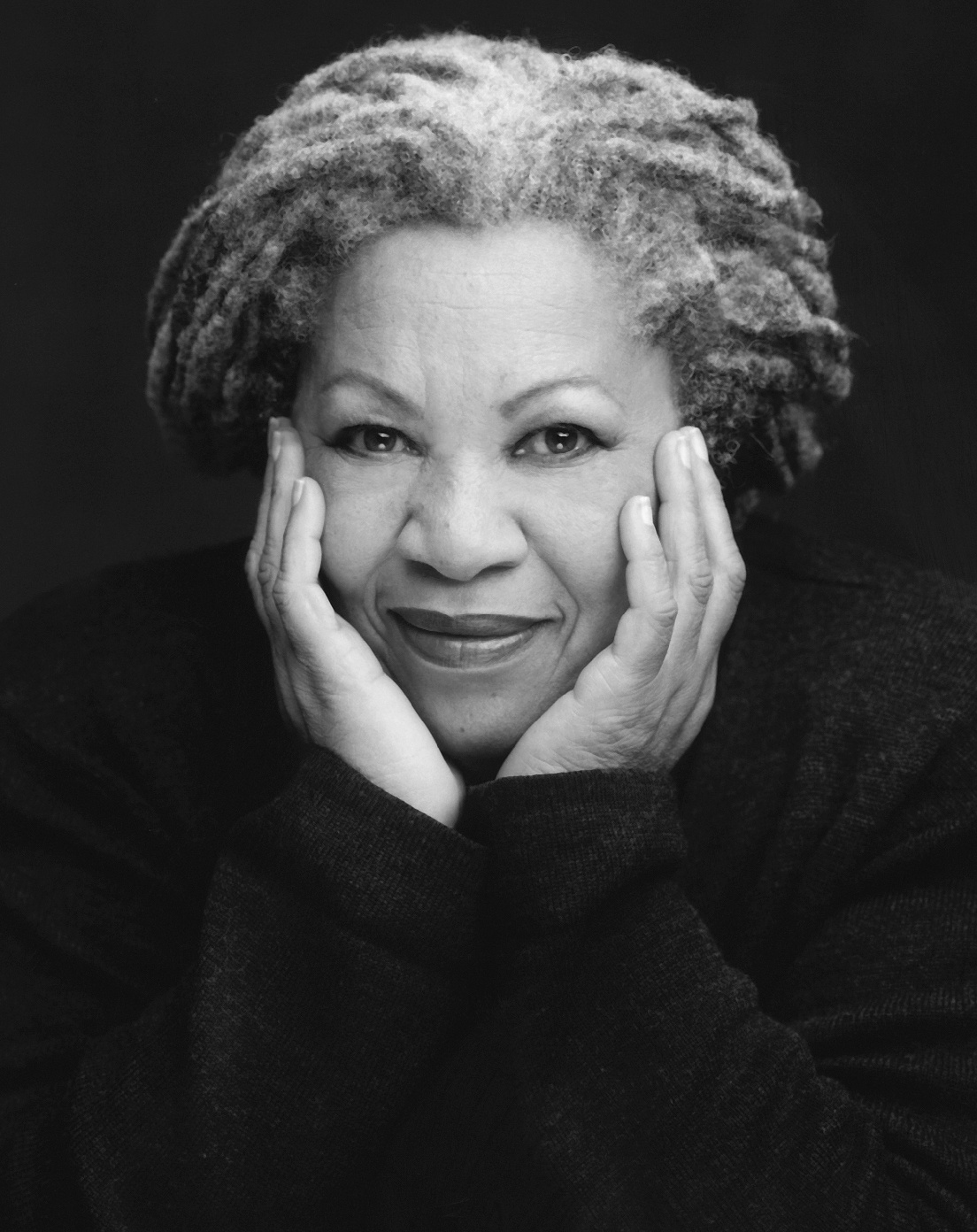
”At some point in life the world’s beauty becomes enough. You don’t need to photograph, paint or even remember it. It is enough.”
— Toni Morrison
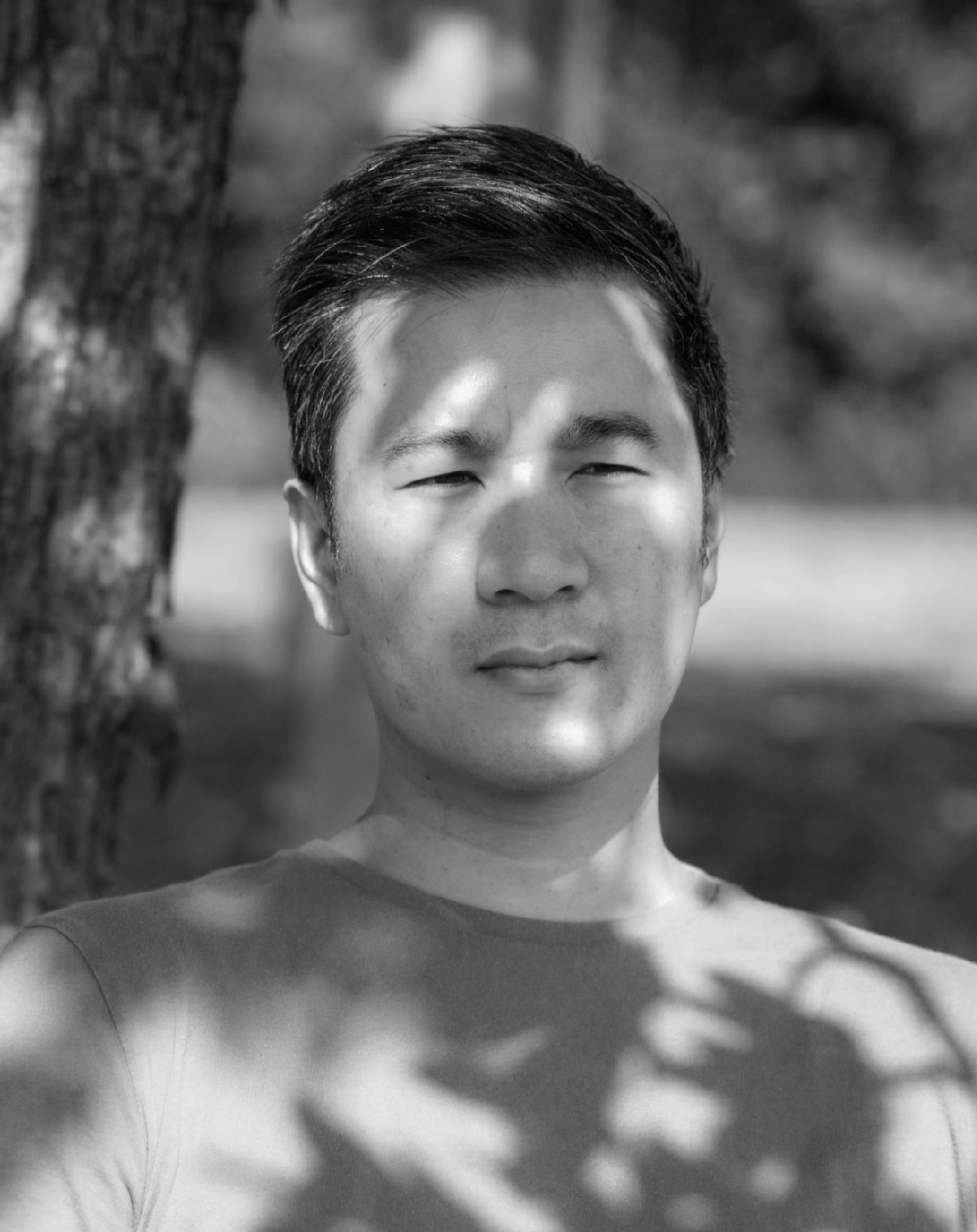
”Art, after all, is – at its best – a lie that tells us the truth.”
— Nam Le
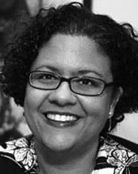
”Poetry is what you find / in the dirt in the corner, / overhear on the bus, God / in the details, the only way / to get from here to there.”
— Elizabeth Alexander, Ars Poetica #100: I Believe
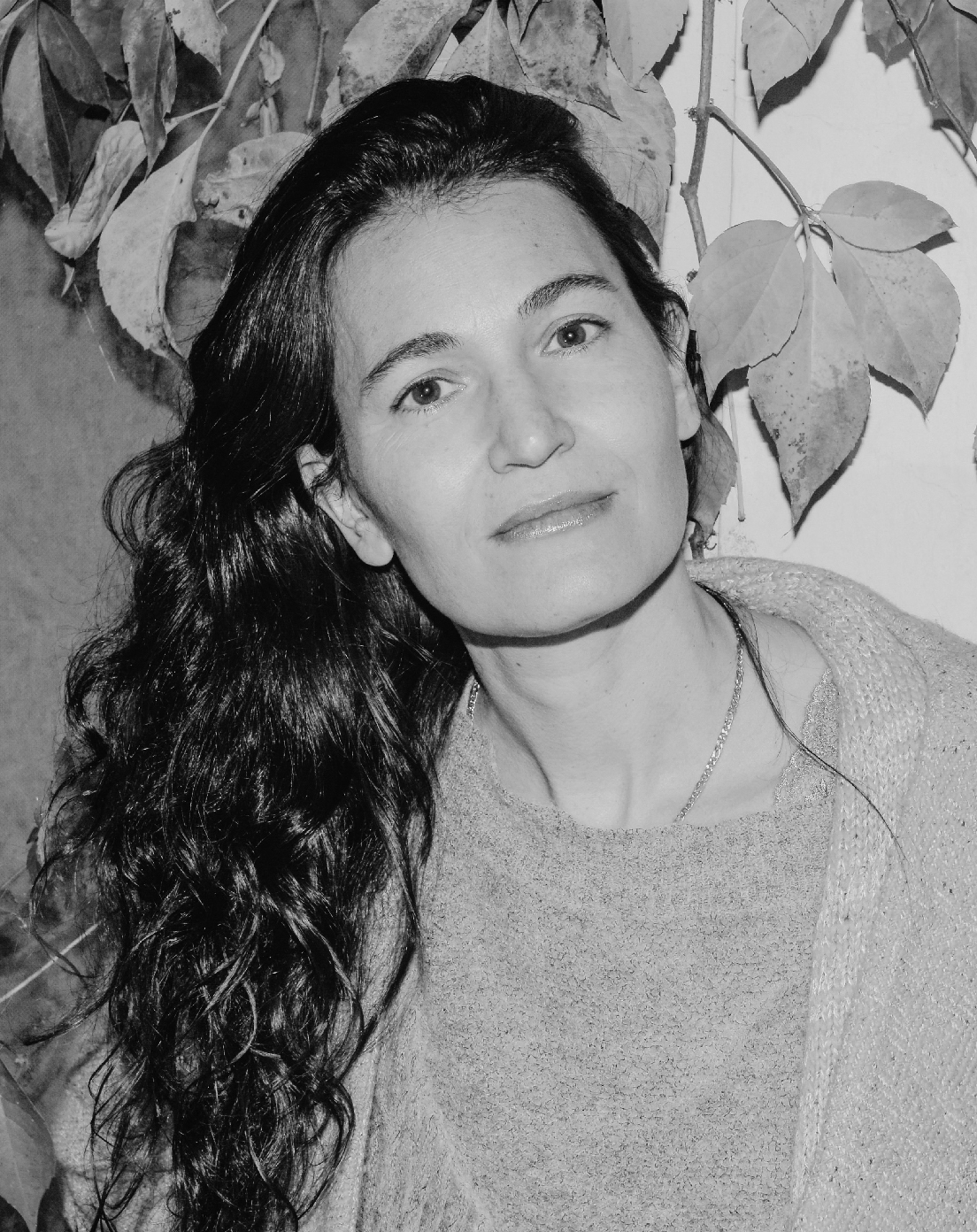
“One of the things I love about writing novels is that you realize that you’re not all that interested in the bottom. You’re more interested in things that are bottomless. You become fascinated by the questions, and the answers to those questions are secondary, if they become important at all.”
— Nicole Krauss
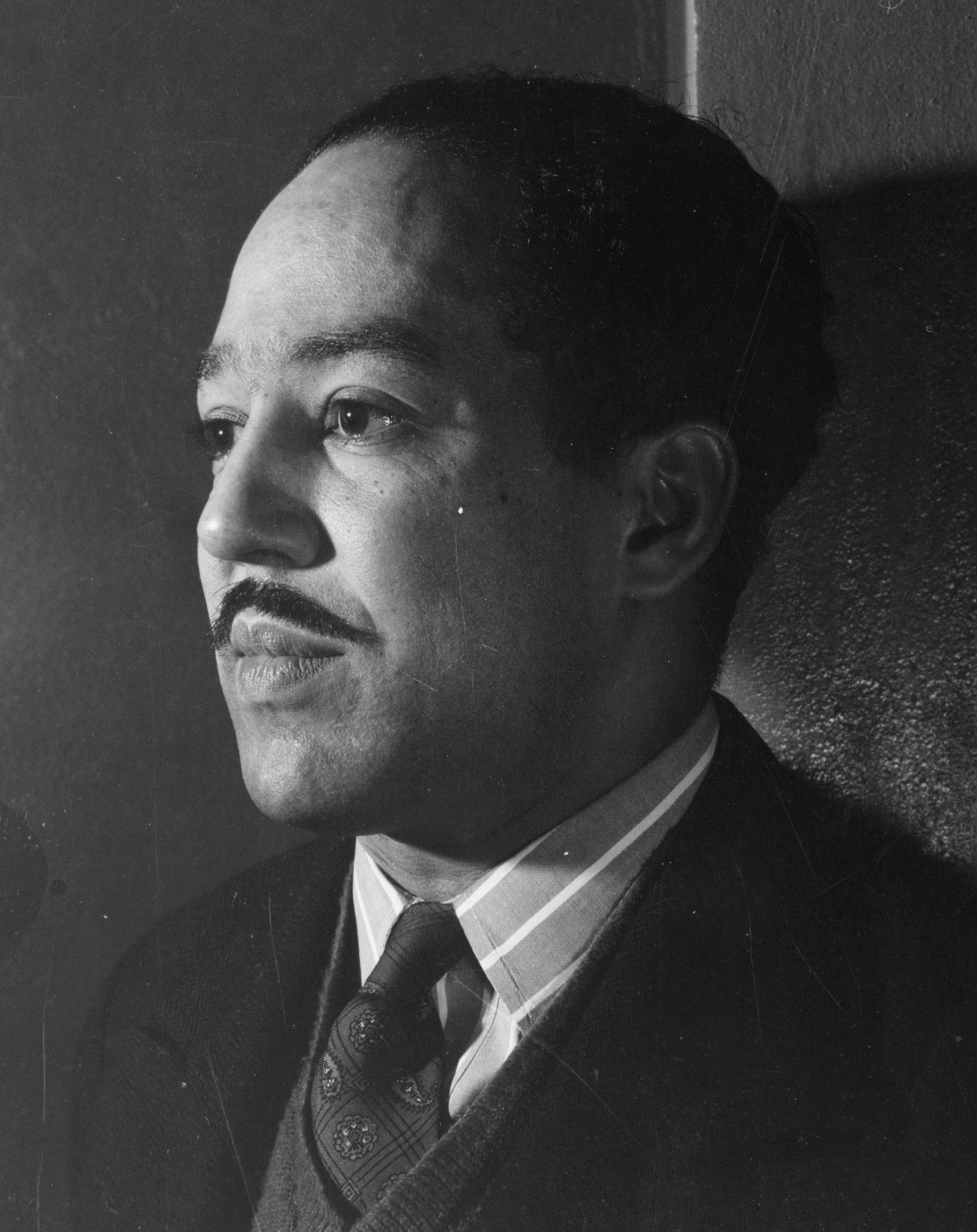
“An artist must be free to choose what he does, certainly, but he must also never be afraid to do what he might choose.”
— Langston Hughes





